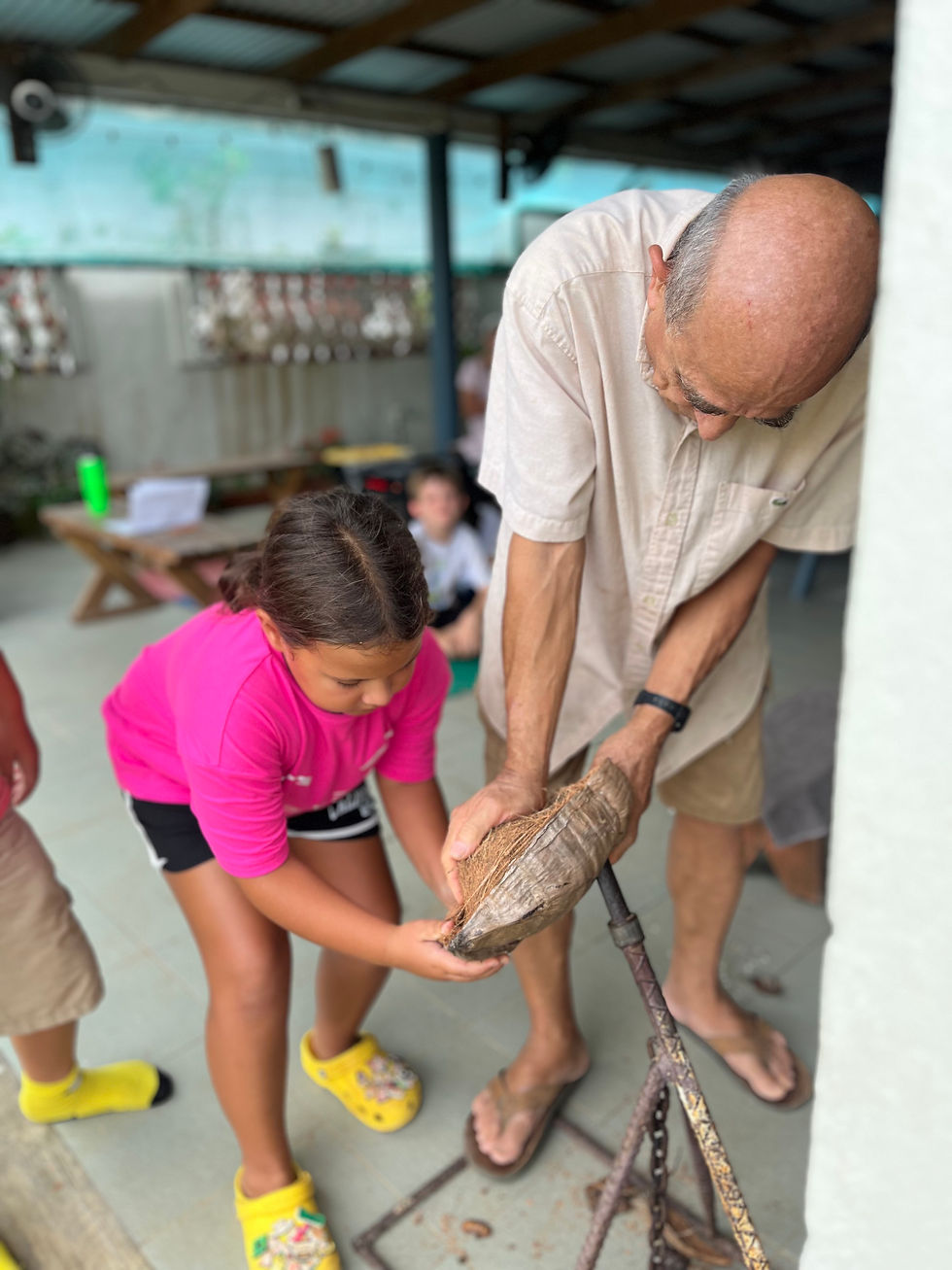
Isla Montessori School
Guiding Children as They Navigate the World
Elementary Program (ages 6-12)
The Lower Elementary Program, like the primary, is a three year program for children from the ages of 6 to 9 years old and the Upper Elementary is a 3-year program for children from 9-12 years of age. As in the Children's House, students spend all three years in the same classroom. These three years offer the child the opportunity to learn from their peers, learn at their own pace while being included in the whole class, practice the skills of living in a diverse community, and deepening relationships with peers and teachers.
Elementary-aged children continue to learn through the use of concrete materials as they move gradually toward increasingly abstract thinking. The Elementary lessons and materials are multi-sensory, dramatic, and impressionistic, serving to ignite the imagination and curiosity of the students.
The elementary years foster the child's connection with their community as they look to the experts around them as teachers. Students move further toward independence by learning to navigate social relationships and solve conflicts utilizing the strategies and language of peaceful resolution. By embracing their citizenship in a diverse world, our hope is that the Elementary students move towards genuine intellectual curiosity.
Elementary children are exposed to the entirety of our universe's history through Montessori's Great Lessons.
Students play a part in what they learn and are encouraged to explore their interests while learning to organize, plan and complete daily work. Independent time management tools are introduced and Guide and students work together to set expectations for a harmonious classroom community. "Going Outs" or field trips are often organized by the children to further their exploration of a topic of interest. It is in these years that the children start taking control of their education and gain the skills of a life long learner.
The role of the Guide at this age is that of helping the children navigate the world in the areas of self awareness, community awareness, cultural awareness, and environmental awareness. Children are encouraged to seek answers, ask questions, explore ideas, and inspire them to challenge themselves socially, emotionally, and academically.



















